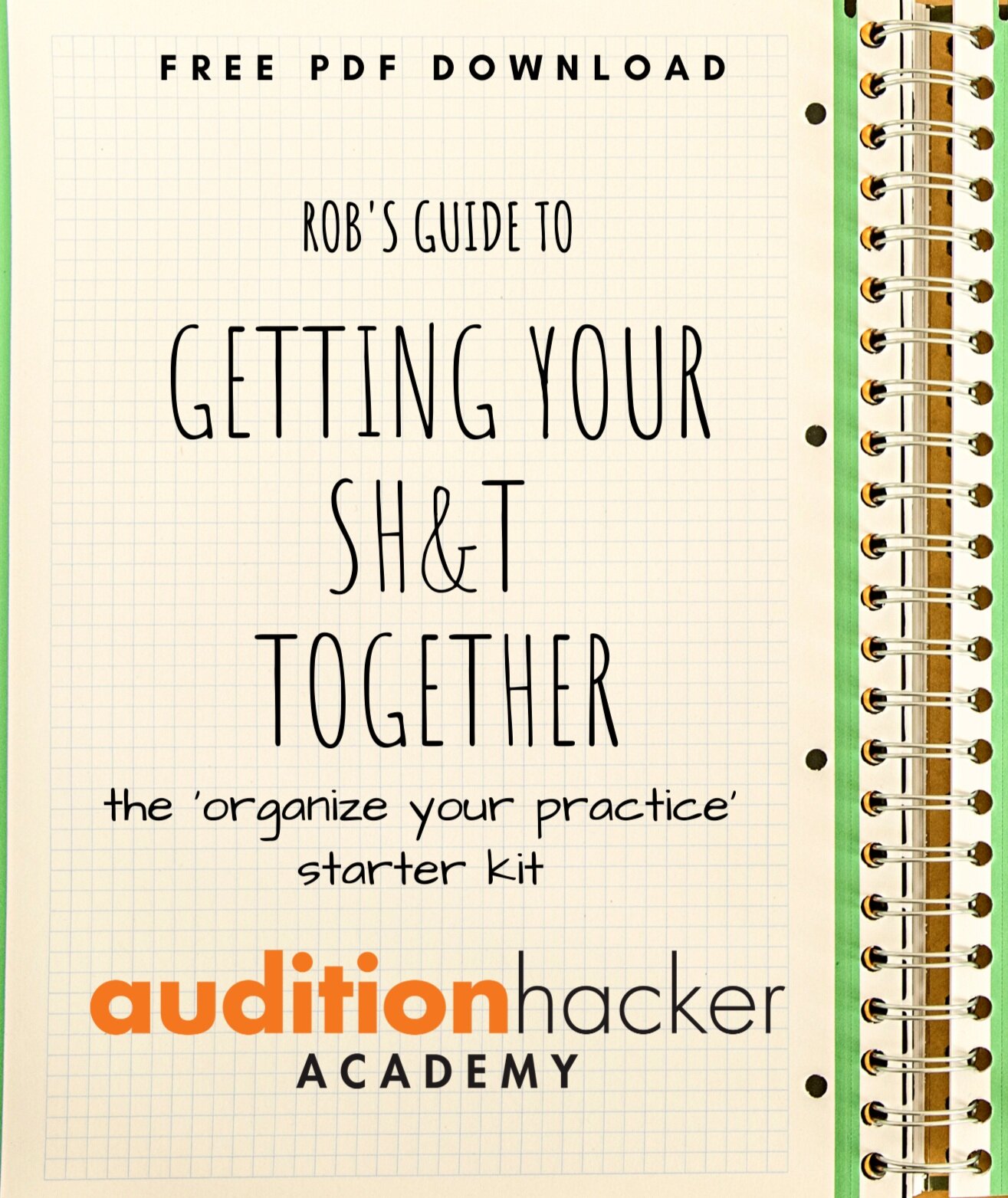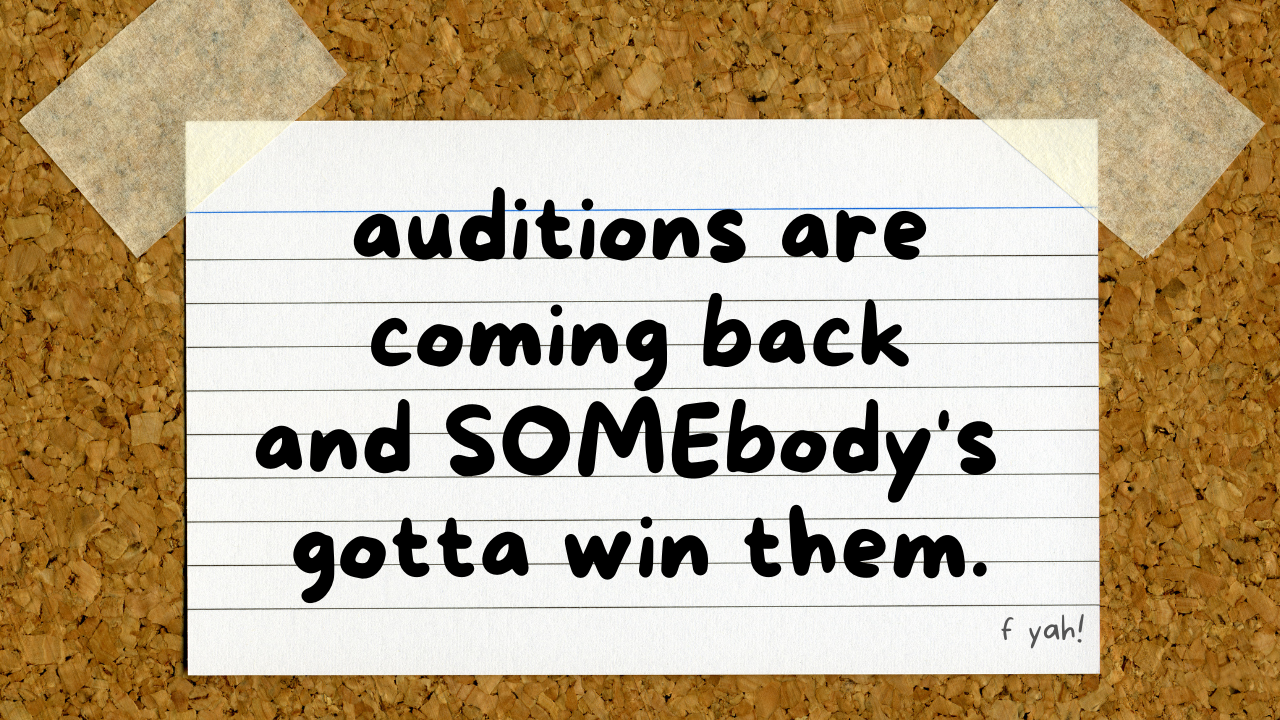i talk a lot about how to organize your practice.
i use carefully planned calendars to guide my practice sessions. i’m methodical. i’m constantly reprioritizing my work and adjusting my schedule.
but that’s all… so… nonmusical.
where’s the artistry in organizing? where’s the emotion in systematizing?
in order to become a professional musician, you have to craft a delicate balance between the logistics of practicing and the artistry of music-making.
and oboe players are the perfect example of the balance between organization and artistry.
they have to prepare beautiful phrases that often lead the melodies in orchestra. but they also have REEDS. they have to spend half their practice session caning, and bambooing. they slice and shave and honk on their reeds and sometimes they run out of time to practice.
but the good ones find ways to balance everything.
this video is about how nathan hughes organizes his practice.
he’s the principal oboist in the metropolitan opera, and he’s a faculty member at juilliard. he’s a beautiful player, and has some great advice about how be an organized and artistic musician.
it’s our second interview in a new series about developing successful practice habits. here’s the first.
want to have a simple, daily practice schedule?
learn to maximize your time, reduce stress, and show up 100% prepared to every performance.
the best part? it’s free.

it's episode #8 of the auditionhacker podcast, and i'll go over my best methods for getting better feedback.
it’s episode #7 of the auditionhacker podcast, and i’ll go over:
how i spent 6 months perfecting the 12 delécluse études,
the special strategy i used in preparation, called “the magical shrinking self-recording workflow”,
how preparation needs to be structured for a recording vs. a live audition, and
my best tips and strategies to make a recording session go smoothly.
it’s episode #6 of the auditionhacker podcast, and i’m going over:
the legendary and now-defunct practice of challenges,
adopting the olympian mindset as a musician, and
the most accurate indicator of future audition success.
i've worked with hundreds of musicians on audition preparation. and nothing - NOTHING - has been as effective and life-changing as when they start self-recording the right way.
imprecise rhythm is something that can get you cut from an audition IMMEDIATELY (regardless of your instrument). and great rhythm is something that an audition committee can sense, both consciously and subconsciously. hearing someone play in the pocket just feels good.
well, i have a few tricks up my sleeve to straighten out my rhythm, and today i'm sharing one of the most effective strategies.
in today's episode, i'll go over:
my audition journey and how i ended up winning the met opera job,
3 of my favorite audition hacks, and
the one thing that's so much more meaningful than the result of the audition.
things i do on audition day:
warm up by playing on the hotel pillow,
watch vast amounts of tv shows on my phone, and
never drink coffee.
when i was in detroit in february i got to interview three great DSO musicians on how they approach audition day. pretty fascinating to see how their approaches are so different from each other.










in 2019, a cellist named maria reached out to me about her audition struggles. on paper, she was the “worst audition candidate ever” (her words). she had 2 small children, a full-time teaching job, and hadn’t taken an audition in 4 years.